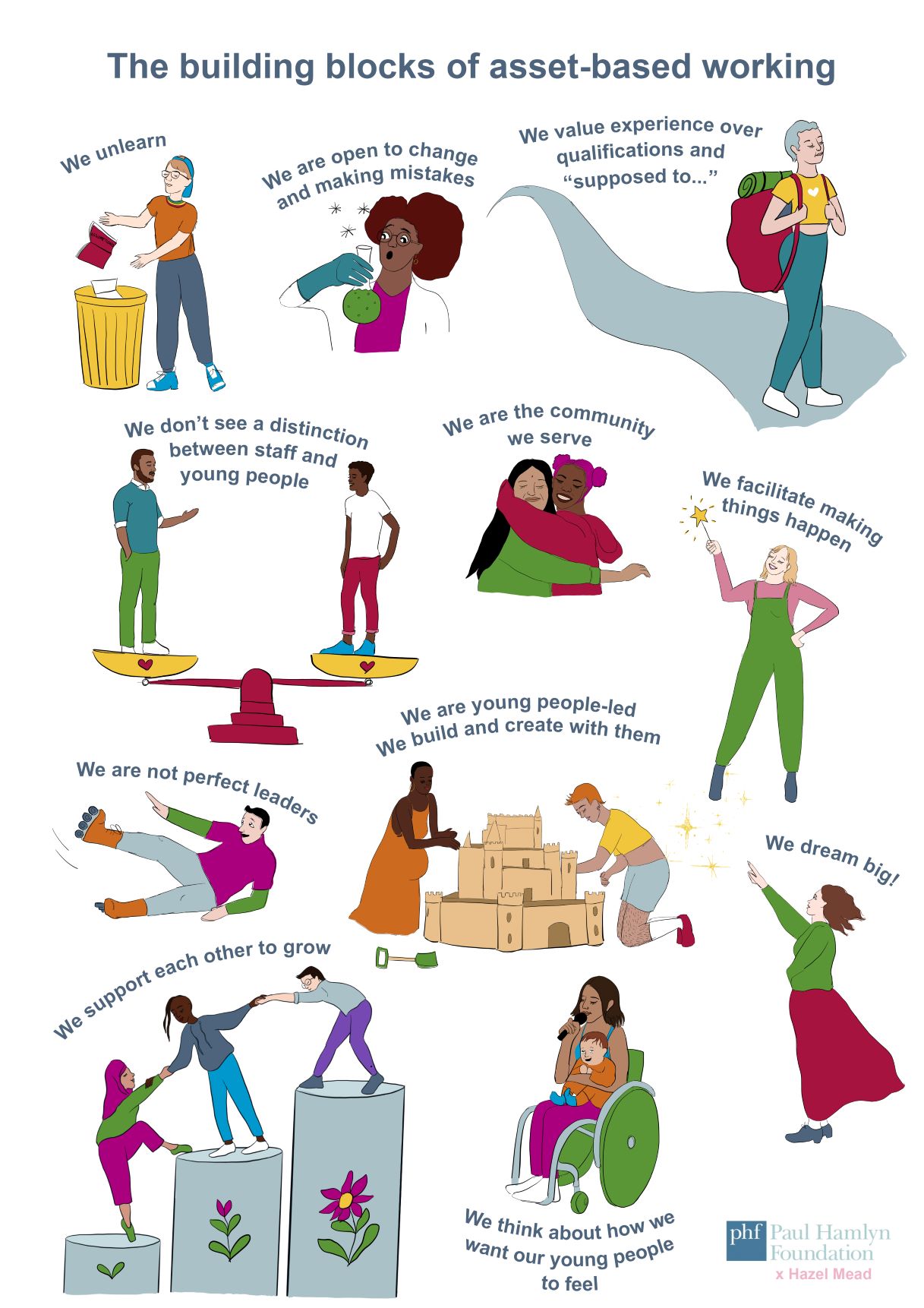How reflective are we as evaluators? That’s a question I’ve been asking myself recently as I’ve been exploring the principles and mechanisms of reflective practice.
What is reflective practice? The definition below nails the key point – that our experiences alone are likely to be insufficient for learning and improvement. What we must also do is take the time to deliberately reflect on those experiences, give them our full attention so that we can better understand how to do things better in future.
“[Reflective practice is] paying critical attention to the practical values and theories which inform everyday actions, by examining practice reflectively and reflexively. This leads to developmental insight” (Cochran-Smith et al 1999).
Reflective practice is often built around a cyclic model of experience-reflection-learning-action. Some of the most commonly-used models include Gibbs, Schon, Kolb, and Rolfe. It’s a common developmental tool in a number of professional fields. It’s used a lot in teacher training, for example. Being the solitary professional in a classroom means that teachers are more reliant on self-assessment to learn and improve. Reflective practice is also common in the healthcare sector, where it is used for individual and group learning.

From an evaluator’s perspective, what’s not to like about reflective practice? Many of us might claim to use its principles implicitly. After all, evaluation is all about reflection and learning – reflection on evidence and experience to learn lessons, improve performance and maximise impact. But perhaps we could be using reflective practice more explicitly, both as a means of professional self-improvement and as a methodological tool.
At the UK Evaluation Society we’re already using reflective practice as a mechanism for professional development. I’m the coordinator of the Society’s Voluntary Evaluator Peer Review (VEPR) scheme, a professional development process based on peer review and reflective practice. Two experienced evaluators help the applicant to reflect on their own evaluation skills and capabilities drawing on specific examples from the applicant’s work, and prioritise areas for future improvement. As both a former applicant and reviewer myself, I can say that the process is thoroughly rewarding and has genuinely helped my own professional development.*
And as a methodological tool? I will certainly be looking for opportunities to use more reflective practice tools in qualitative research. Drawing on my coaching background, I use open questioning and active listening frequently in interviews and this often elicits the sort of reflection in stakeholders that I’m seeking in an evaluation. But I have less experience of other methods, such as asking people to use reflective journals or using approaches such as cooperative enquiry when conducting group interviews and focus groups.
Finally, as a relative newcomer to blogging about my professional life, I have begun to realise how this too is a way of being a more reflective practitioner – I thoroughly recommend it!
*VEPR is open to all UK Evaluation Society members with three years evaluation experience. If you are interested in applying, please feel free to contact me.



